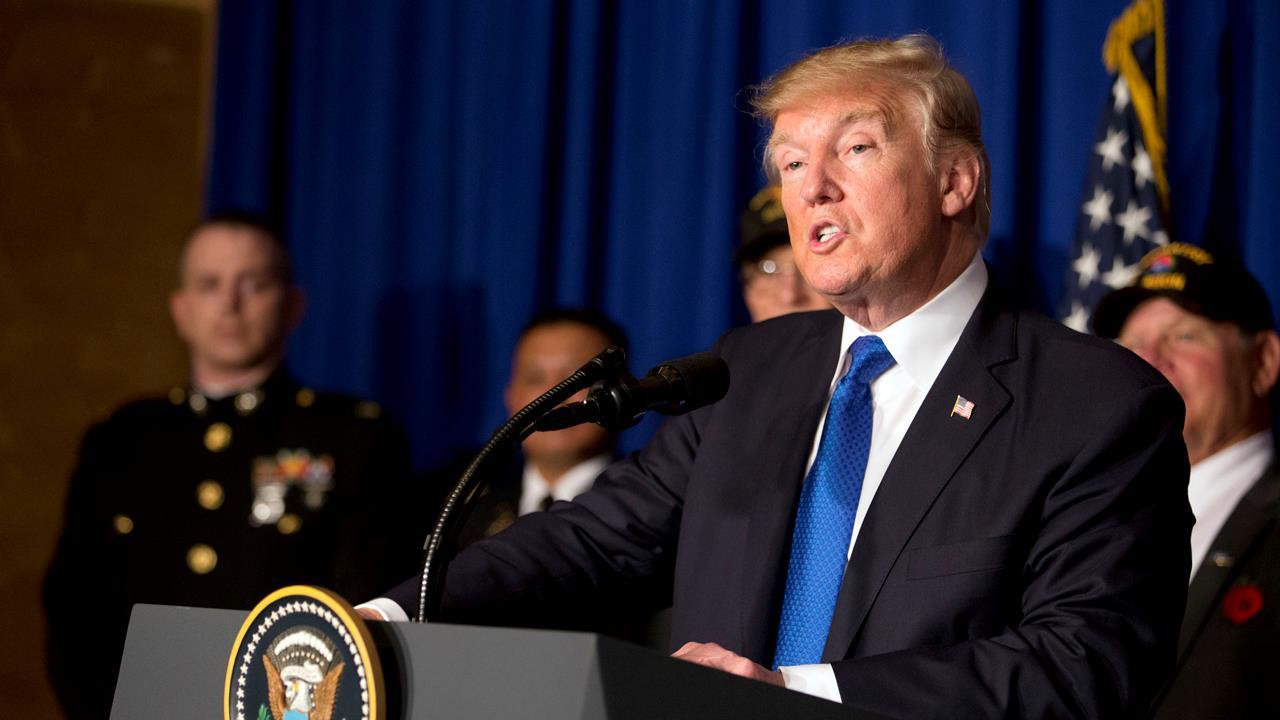Talks on Pacific trade pact unfinished, progress uncertain
The Pacific Rim trade pact abandoned by U.S. President Donald Trump remains in limbo after leaders of the 11 countries still involved failed to announce an agreement as expected.
It was unclear how many leaders participated in a meeting Friday that was meant to endorse a revised deal, or even if the meeting was convened. Vietnamese officials would not comment on the status of the talks but said there would be an update on the situation later.
The 11 remaining members of the Trans-Pacific Partnership trade pact are trying to find a way forward without the U.S., the biggest economy and before Trump took office one of its most assertive supporters.
The TPP negotiations are being held in Danang, Vietnam, alongside meetings of the 21-member Asia-Pacific Economic Cooperation forum, where Trump's markedly different stance from past U.S. leaders was being felt even before his arrival Friday in the coastal resort city.
While most APEC members say they remain committed to their multi-country approach in weaving their economies ever closer together, many acknowledge that open trade is a mixed bag: Not everyone benefits equally.
Trump is seeking to renegotiate several major trade agreements, most notably the North American Free Trade Agreement, to, he says, put "America First."
In a speech to a business conference on the APEC sidelines, Trump reiterated his desire for country-to-country trade deals, saying that "we are not going to let the United States be taken advantage of anymore."
Chinese President Xi Jinping struck an entirely different tone, praising multilateral efforts to promote freer trade.
"Openness brings progress while self-seclusion leaves one behind. We, the Asia-Pacific economies, know this only too well from our own development experience," Xi said.
The TPP leaders had hoped to agree in principle on a way forward without the U.S. after Trump pulled out earlier this year.
While APEC operates by consensus and customarily issues nonbinding statements, TPP commitments would eventually be ratified and enforced by its members.
As a developing country with a fast-growing export sector, Vietnam has a strong interest in open trade and access for its exports to consumers in the West. The summit is an occasion for its leaders to showcase the progress its economy has made thanks largely to foreign investment and trade. Danang, Vietnam's third largest city, is in the midst of a construction boom as dozens of resorts and smaller hotels pop up along its scenic coastline.
But even though its economy grew at a brisk 6.2 percent pace last year, Vietnam's GDP per capita is still one of the lowest among APEC members at less than $2,200. Many of its 95 million people remain poor and vulnerable to natural disasters such as storms that lashed the coast near Danang just days before the APEC meetings.
APEC's members are Australia, Brunei, Canada, Chile, China, Hong Kong, Indonesia, Japan, South Korea, Malaysia, Mexico, New Zealand, Papua New Guinea, Peru, Philippines, Russia, Singapore, Taiwan, Thailand, the U.S. and Vietnam.




















